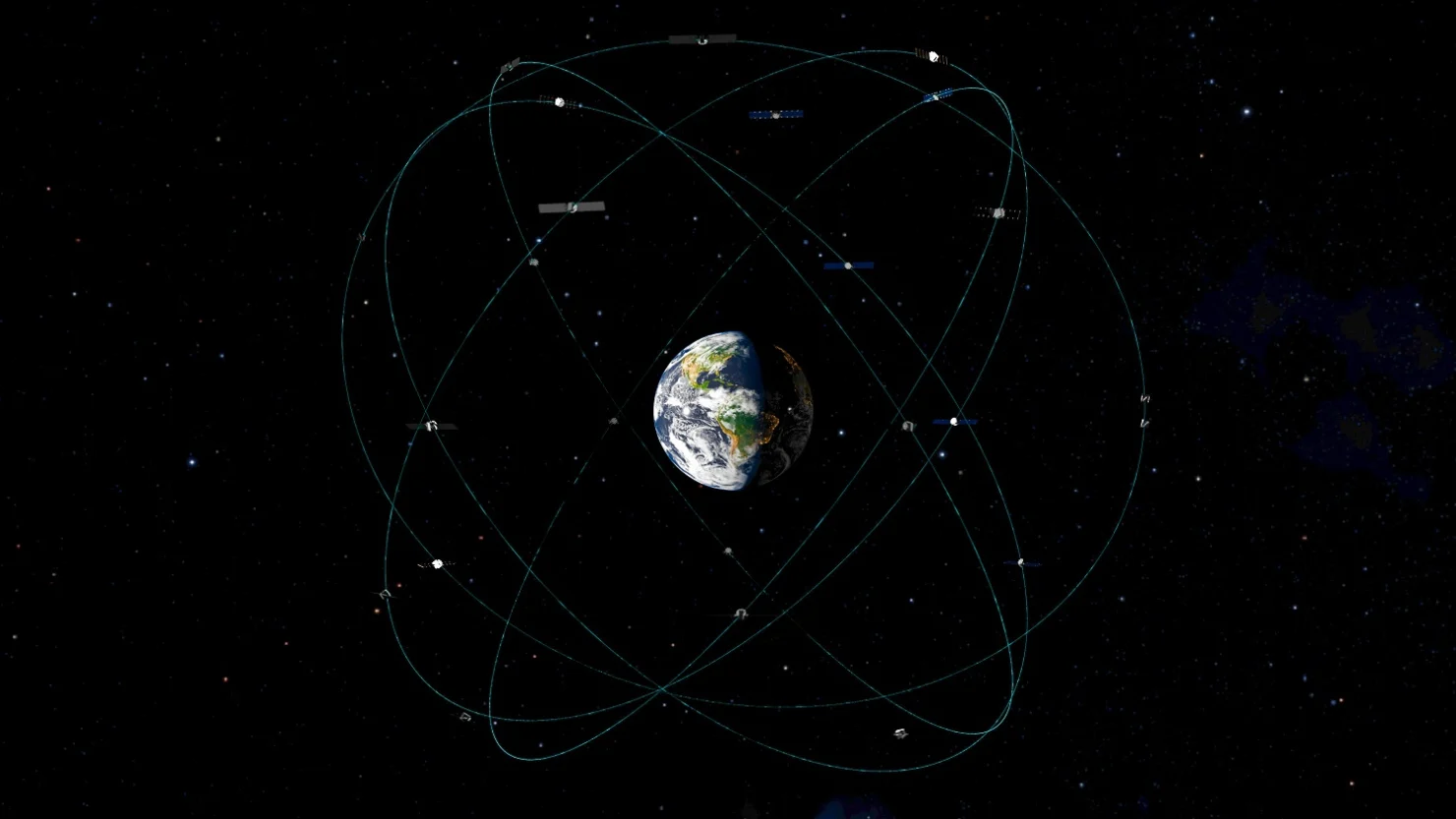The U.S. Space Force has introduced the Resilient Global Positioning System (R-GPS), a $2 billion program aimed at creating a backup GPS network to secure this vital infrastructure from potential disruptions. Initially launched by the U.S. Air Force nearly 50 years ago, GPS has become indispensable, with its benefits to the economy surpassing $1.4 trillion, according to a Commerce Department study. A GPS outage could potentially result in economic losses of $1 billion per day, prompting the Pentagon to establish an alternative network.
Lt. Col. Justin Deifel of Space Systems Command, leading the R-GPS project, underscores the importance of GPS, likening it to essential utilities like water and electricity. “GPS impacts everything from stock transactions to agricultural operations,” Deifel explained, emphasizing the need for consistent availability. The U.S. Space Force, aware of the current system’s vulnerabilities to potential threats from adversaries, has enlisted commercial space companies to develop this secure backup.
Recently, the Space Force awarded design contracts to four companies: Astranis, Axient, L3 Harris, and Sierra Space. For Astranis, known for its “MicroGEO” satellite that debuted last year, this partnership with R-GPS marks an expansion into positioning, navigation, and timing (PNT) services. Astranis CEO John Gedmark revealed that their new Nexus line of PNT satellites will support the R-GPS program, leveraging the same technology as their broadband satellites. With these satellites operating in medium Earth orbit like the current GPS constellation, the company aims to extend its satellite reach.
The R-GPS initiative, backed by a novel Pentagon funding authority called “Quick Start,” saw rapid action in under six months. The program received approval, conducted market research, solicited bids, and awarded design contracts — a process that typically spans three years. The Space Force allocated $40 million for an initial eight-month design phase, ending in spring.
According to Deifel, the overall program budget estimates per-satellite recurring costs at $50 to $80 million, totaling around $1.2 to $1.9 billion for the anticipated 24-satellite constellation. This cost doesn’t account for “non-recurring engineering” expenses, expected to be minimal compared to design costs.
The R-GPS satellites will be purchased in groups of eight, with the first batch anticipated to launch by 2028. Space Systems Command will assess the initial design studies before selecting one or more companies to proceed with satellite production.
Gedmark is optimistic about Astranis’ prospects, noting that, despite a past malfunction caused by a third-party issue, the company has proven its capacity to operate low-cost, radiation-hardened satellites at high orbits. This experience may position Astranis advantageously as R-GPS moves forward.
READ MORE:
